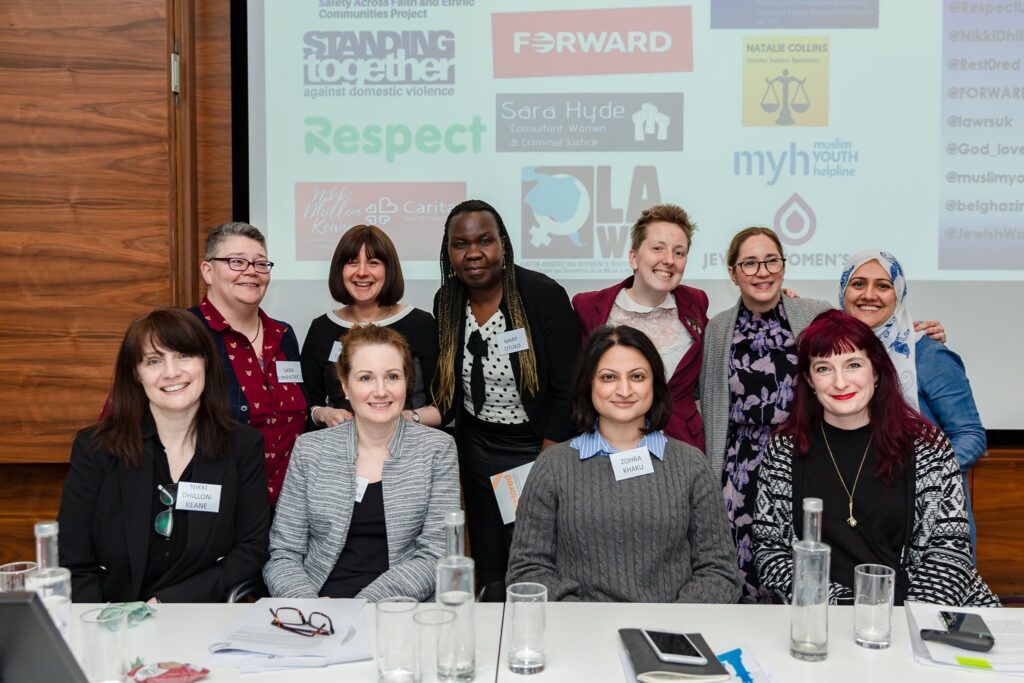Does your community group need to incorporate?
Read our previous blogs on fiscal sponsorship and its benefits.
What is incorporation?
In the UK, when community groups ‘incorporate’, it’s like giving your group a legal makeover. You go from being a loose group of people doing great work to being a legally recognised entity. This makeover has its perks and its challenges. So how do you know if incorporating is right for you? And what’s the alternative?
Different types of legal structure available to community groups
If you’re looking to incorporate your community group and become a legally recognised entity, then there’s lots of different legal structures to consider. Some of the most common are:
- Charity
- Community Interest Company (CIC)
- Private Limited Company (PLC)
- Community Benefit Society (CBS)
- Company Limited by Guarantee (CLG)
Please note this is not exhaustive, and we strongly recommend seeking legal advice before deciding if / how to incorporate.
What are the pros and cons?
There are lots of benefits to incorporating your community group.
- It adds credibility and can make it easier to gain support.
- It can make accessing funding easier.
- Some legal structures (like charities) gain tax benefits.
But incorporating also has its challenges, particularly for small community groups with limited capacity.
- It requires time and resources that many community groups don’t have, or would rather spend elsewhere.
- It can be administratively burdensome. When you become a company or a charity, you become accountable to either Companies House or the Charities Commission. Both of these bodies require a lot of information. For example, you might need to get a Board together, submit accounts and ensure you are complying with relevant regulations.
At The Social Change Nest, we recognise that there’s no one-size-fits-all approach. The right legal structure for you depends on your community group, your needs and your capacity. And for many groups, that can be no legal structure at all.
So what is the alternative for community groups that aren’t ready, or don’t want to incorporate?
Fiscal hosting for unincorporated community groups
Our fiscal hosting service is designed for groups that don’t have the capacity or desire to become a formal legal entity.
Fiscal hosting is where a legally registered organisation holds money on behalf of an unincorporated community group, social movement or project. This means we can receive and hold funds on your behalf, and share our legal status with you, to help you access formal funding.
“The Social Change Nest provides everything we need for the ‘financial side of things’ without me and the other co-treasurer having to reinvent the wheel for our little group.” – Anonymous community group, 2021 Survey
Being fiscally hosted by us means that you can apply for grants and funding opportunities, manage your money in a transparent and equitable way and gain access to finance and admin support. Most importantly, it means that you can spend less time on admin, and more on creating change.
If you plan on becoming a constituted group in the long run, fiscal hosting can offer you immediate credibility and support while you’re getting started.
“Using The Social Change Nest for receiving payments provides a level of transparency to those making donations and the wider community that we couldn’t achieve otherwise and gives people confidence in our group.” – Anonymous community group, 2021 Survey
Learn more about fiscal hosting here, or book in an intro call with our team to see how we can help.
- Blogs
Let’s get started
Book an intro call with our team.

